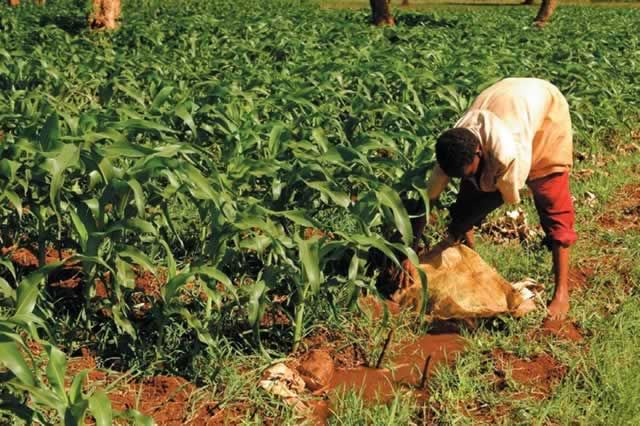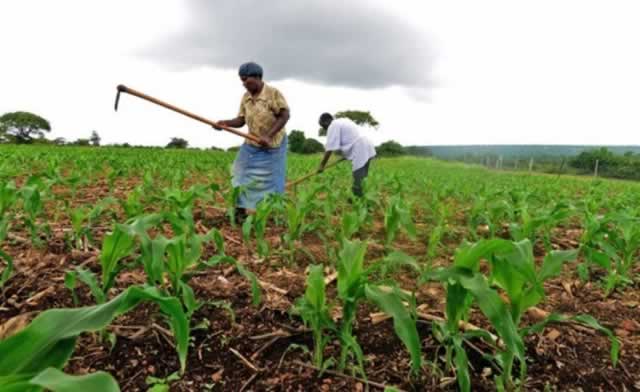Editorial Comment: Work the land, defend the revolution

 When Government embarked on the historic land reform programme in 1999, the vision was to empower land hungry Zimbabweans for long dispossessed by settlers.
When Government embarked on the historic land reform programme in 1999, the vision was to empower land hungry Zimbabweans for long dispossessed by settlers.
The primary objectives were to ensure food security at both household and national levels, and to use agriculture as a tool to turnaround the national economy by creating a bonafide, wealth-creating middle class.
Some 300 000 families directly benefited from the programme, compared to just 6 000 white farmers who previously occupied over 70 percent of the country’s arable land.
It, therefore, becomes a great betrayal to President Mugabe, the architect of this indigenisation and economic empowerment programme, when beneficiaries turn vast swathes of arable land into thickets and weekend braai venues
As such, High Court judge Justice Nicholas Mathonsi’s ruling last Wednesday that beneficiaries of the land reform programme who are underutilising land should have their offer letters withdrawn is a step in the right direction.
The message should be loud and clear: those given land should either shape up or ship out.
We cannot waste large tracts of land while we import food from our neighbours and depend on donors — especially from the West — to feed our people through NGOs.
In the same vein, there are several reasons why people under-use land, chief among them financing.
There is very little financing for agriculture and farmers struggle to get money from banks to fund their operations.
This is something Government, banks and farmers must urgently sit down and discuss so as to find a viable way forward.
There are also technical capacity issues when it comes to commercial farming and these must be addressed as well.
For as long as the fundamentals are not fixed, much land will remain under-utilised.
While those issues are being worked on, farmers should do the honest thing and admit their individual capacities. The country’s land area is not growing, but the population is.
This means farmers must be honest enough to cede those portions of land that they know they do not — and will not — have capacity to develop.
This will free up land for other would-be farmers and save Government much money in terms of conducting audits and assessments.
Farming is a business and must be approached as such.
Farmers must be prepared to invest in that which they have capacity to develop and draw a profit from, while Government must create an enabling environment for the business to grow in a sustainable manner.
Those who lack technical capacity must employ managers who know how to run such operations.
Beneficiaries have a duty to work the land and defend the revolution for which thousands of patriots died since the First Chimurenga War of 1896/7.







Comments